(CAQH • Medical Staff • Health Plan Applications)
Disclosure questions are one of the most stressful parts of credentialing and privileging applications. But why are they so important, especially for physicians?
In my 20 years working closely with Credentialing Committees, Medical Executive Committees (MECs), and Medical Staff Offices, one thing is clear: inaccurate or inconsistent responses can delay or derail your approval.
Even when attorneys provide technically correct language for adverse action questions, that wording may not always be the most effective and may raise more questions for medical staff professionals. These professionals are trained to identify discrepancies, and any red flags could result in additional scrutiny and a lengthy process.
Here’s what works:
- Understand the nature of the adverse action – what happened, why, and how it was resolved.
- Respond clearly and concisely, without overexplaining or minimizing.
- Stay consistent across all platforms: CAQH, hospital applications, health plans, and payers.
- Organize your documents, practice your talking points, and prepare for follow-up questions.
- Let us help you craft a disclosure response that protects your credibility and showcase your professionalism. Visit www.cred2bill.com for expert guidance tailored to your situation.
Adverse Action Disclosure Prep Checklist
- Full Understanding
What happened, why it occurred, and how it was resolved. - Short, Neutral Statement
2–5 sentences that are fact-based, professional, and non-defensive. - Organized Documentation
Save everything: reinstatement letters, remediation documentation, board decisions, etc. - Practiced Interview Response
30–45 seconds, calm and confident. Stick to facts and emphasize lessons learned or resolutions. - Consistent Language Across Applications
Ensure all answers match discrepancies raise red flags. Medical Staff professionals can read your intent, honesty and integrity in your responses. - Bonus Tip:
Create a folder labeled “Adverse Action Response Kit”. Store digital copies of all relevant documents and statements in one secure location. Avoid unnecessary delays or denials. With the right preparation and support, you can respond to disclosure questions with confidence and professionalism.

